First of all, I'm sorry if I had put this question in a wrong place, but I couldn't find a StackExchange site more suitable than this one. Basically, I'm asking if turning something on and off might be more costly than keeping it on. Let's imagine such situation: I'm in a bus and I have a phone with which I can buy bus tickets. Unfortunately, my phone battery is dying, so I'm keeping my phone turned off. I imagine two scenarios:
1. When I get on the bus, I turn on the phone and use the ticket app to but the ticket. Then I turn off the phone. If a ticket inspector shows up, I turn the phone on, open the ticket app and show him the ticket.
2. When I get on the bus, I turn on the phone and use the ticket app to buy the ticket. Then I don't turn the phone off. In case a ticket inspector shows up, I show him the ticket (the phone has been working all the time).
I think the thing that separates these two scenarios is the risk, that my phone won't work when I'll have to show the inspector the ticket, and I'm looking for the solution with the lowest risk. I've heard those sayings about the campaign where you turn off all your lights for one hour - people say, that actually turning these lights off and on costs more energy than keeping them on the whole time. Is it true and if yes, does this also imply, that actually the second scenario is less risky?
